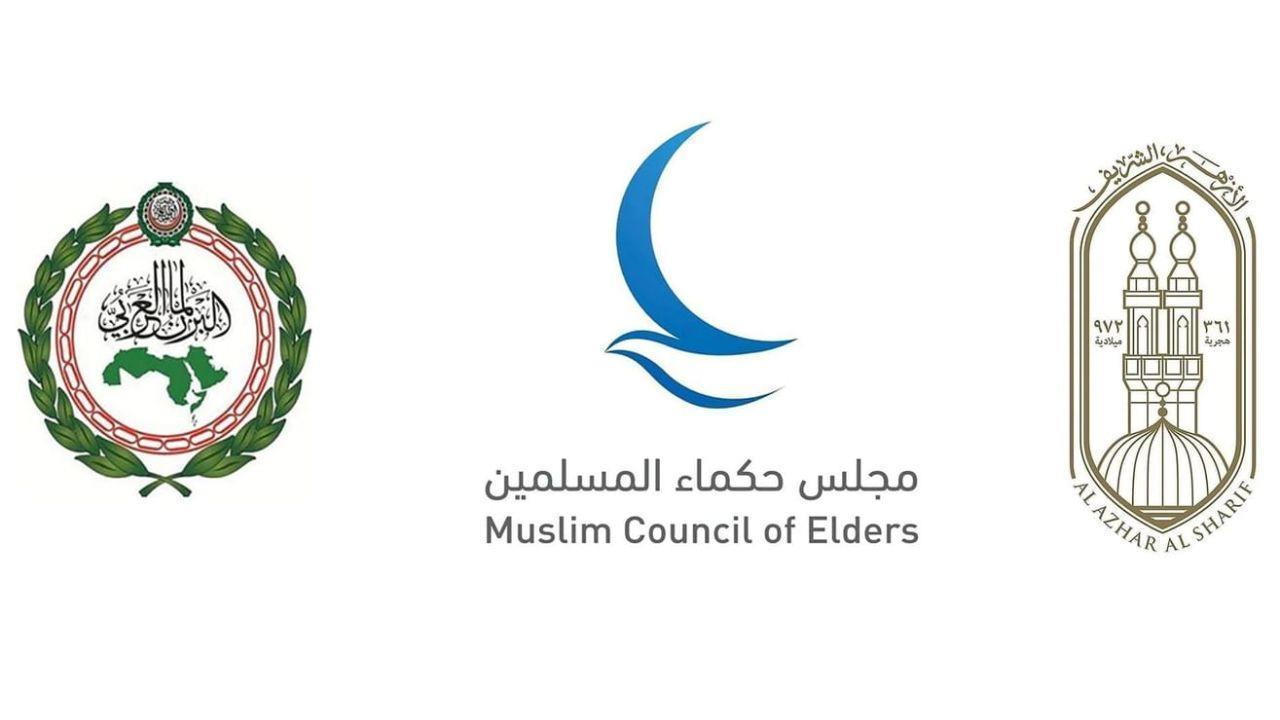
Post by :
Photo:WAM
In a major development that has drawn strong reactions across the Arab world, several leading religious and political institutions have condemned the recent Israeli attack on Qatar. The incident is being described as a direct assault on the sovereignty of an independent nation and a serious violation of international law.
Voices of Condemnation
Religious and political leaders have raised their voices against the attack.
* The Grand Imam of Al-Azhar, Dr. Ahmed Al-Tayeb, one of the most respected religious scholars in the Muslim world, said that this attack on Qatar clearly shows the real intentions of Israel. He explained that such actions are not isolated but part of wider schemes aimed at creating chaos, weakening regional stability, and spreading division across the Middle East. He warned that continuing such aggression would push the region into deeper conflict.
* The Muslim Council of Elders, an influential body of Islamic scholars and leaders, also expressed strong opposition. In their statement, they described the attack as a “flagrant violation” of Qatar’s sovereignty. They emphasized that it goes completely against international laws and global charters that protect the independence of states. The Council declared its full solidarity with Qatar and said such aggressive actions threaten peace not only in the Gulf region but across the world.
* The Arab Parliament, which represents the voice of Arab nations, joined in condemning the strike. Its Speaker, Mohammed bin Ahmed Al-Yamahi, announced the body’s complete support for Qatar’s leadership, government, and people. He also made a strong call to the international community and the United Nations Security Council to take responsibility, stop these repeated Israeli attacks, and prevent further violations against the sovereignty of any state in the Arab world.
Broader Concerns
This attack has raised serious questions about the stability of the Gulf and the wider Middle East. Leaders fear that such actions could weaken ongoing peace efforts, which are already fragile due to conflicts in neighboring countries. Any escalation could not only destabilize the region but also have a global impact by affecting international security, trade routes, and energy supplies.
Analysts point out that the Middle East has seen decades of tension, and events like these highlight the difficulty of achieving peace. Qatar, being a key country in the Gulf, plays an important role in diplomacy and regional mediation. An attack on its territory is therefore seen as an attack on the broader Arab identity and a challenge to international diplomacy.
Calls for International Action
Arab leaders are now urging global powers and international organizations to step in. Their message is clear: ignoring such aggression will only embolden further violations. The demand is not just for condemnation in words but for actual steps — including international pressure, diplomatic measures, and possibly sanctions — to deter future attacks.
The call is especially directed at the United Nations Security Council, which has the authority to take binding decisions on issues of international peace and security. By urging the UN to act, Arab leaders want to ensure that international law is not ignored and that smaller states are protected from external aggression.
A Show of Unity in the Arab World
What stands out in this incident is the united voice of condemnation. Religious authorities, political institutions, and parliamentary bodies have all spoken in the same tone, showing a rare moment of unity in the Arab world. This solidarity with Qatar highlights the shared belief that sovereignty is sacred and cannot be compromised, no matter the size of the nation.
The attack has therefore become more than just a military incident — it has turned into a political and diplomatic flashpoint. The unity expressed by Arab institutions is also a warning that any further aggression could lead to stronger regional opposition and possibly new alliances to safeguard Arab security.
Possible Consequences Ahead
Observers believe that the coming days will be critical. Much will depend on how the international community responds. If global powers remain silent, it could encourage more aggressive actions in the future. On the other hand, if there is a strong and united international stance, it may help calm tensions and restore some confidence in international law.
For now, Qatar has received strong backing from across the Arab world. The statements of solidarity send a clear message that its sovereignty is non-negotiable and that any violation will be treated as an attack on the dignity of the entire Arab region.
Israel attack on Qatar










Alibaba Cloud Leads China’s AI Market with 36% Share
Alibaba Cloud captured over one-third of China’s AI cloud market beating rivals and investing billio

Cambodia Defends China’s Belt and Road as Economic Lifeline
Cambodia praises China’s Belt and Road projects, calling them vital for growth rejecting claims of d

Portugal Norway England shine in UEFA World Cup qualifiers
Portugal beats Hungary 3-2 Ronaldo scores Haaland shines for Norway, Kane leads England in dominant

PV Sindhu exits Hong Kong Open HS Prannoy Lakshya Sen win
PV Sindhu loses early at Hong Kong Open HS Prannoy and Lakshya Sen advance in tough battles India's

Iran Signs New Cooperation Deal with UN Nuclear Watchdog in Cairo
Iran agrees to a new framework with UN nuclear agency resuming controlled inspections after June’s c

Syrian man found guilty for deadly festival stabbing in Germany
A Syrian man inspired by IS was convicted for stabbing people at a German festival, killing three an